Introduction:
The Philippine National Police (PNP) has long recognized that policing is not just the job of uniformed personnel—it is a collective responsibility. In today’s complex security landscape, the PNP leverages force multipliers to enhance its reach, visibility, and effectiveness in keeping communities safe. But what exactly are force multipliers, and why are they critical to modern law enforcement?
What Are Force Multipliers in the PNP?
Force multipliers are non-traditional resources, partnerships, or technologies that significantly increase the PNP’s ability to prevent crime, enforce the law, and maintain public order. They enable the PNP to extend its capabilities without needing a proportionate increase in manpower or budget.
Key Force Multipliers Used by the PNP
1. Barangay Peacekeeping Action Teams (BPATs)
- These are community-based volunteers who assist police in maintaining order at the barangay level.
- They report incidents, assist in conflict resolution, and support disaster response.
- They are trained and often integrated into localized patrols.
2. Civilian Volunteers and Watch Groups
- Neighborhood Watch programs, Tanods, and Civil Security Groups (CSGs) act as the eyes and ears of the community.
- Their local knowledge helps detect threats early.
3. Technological Tools
- CCTV networks, crime mapping, drones, and body-worn cameras serve as digital force multipliers.
- Tools like e-blotter systems and mobile reporting apps enhance data accuracy and response time.
4. Private Security Forces
- Security guards in malls, banks, and private facilities coordinate with PNP to deter crime.
- Joint patrols and radio connectivity strengthen immediate response.
5. Inter-agency Collaboration
- Coordinated efforts with agencies like the AFP, BFP, LGUs, and NGOs help in operations, intelligence sharing, and crisis response.
- These collaborations are crucial in anti-drug operations, counter-insurgency, and disaster response.
6. Public Awareness and Education Campaigns
- Programs such as “PNP @ Your Service,” “Kapwa Ko, Sagot Ko,” and community dialogues empower citizens with knowledge on crime prevention and rights.
Why Force Multipliers Matter
- Expand reach without adding personnel
- Build community trust and cooperation
- Improve intelligence-gathering at the grassroots
- Enhance quick response in emergencies
- Foster shared accountability for peace and order
Challenges in Using Force Multipliers
- Standardizing training and accountability among volunteers
- Ensuring data privacy and proper use of surveillance tools
- Coordinating efforts across multiple agencies and groups
- Preventing abuse of authority among civilian participants
The Way Forward
To sustain and scale the effectiveness of force multipliers, the PNP must:
- Invest in training and capacity-building of volunteer groups
- Strengthen legal frameworks and MOUs with partner agencies
- Enhance technological infrastructure
- Encourage citizen feedback and participation
Conclusion
Force multipliers represent the PNP’s commitment to inclusive and community-based policing. By combining manpower, technology, and partnerships, the PNP not only strengthens its capability but also builds a culture of shared responsibility for peace and order. In the face of evolving security threats, these multipliers are no longer optional—they are essential.
Suggested Call to Action:
“If you want to be part of the PNP’s efforts in securing your community, join CACG today”
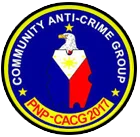
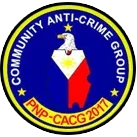

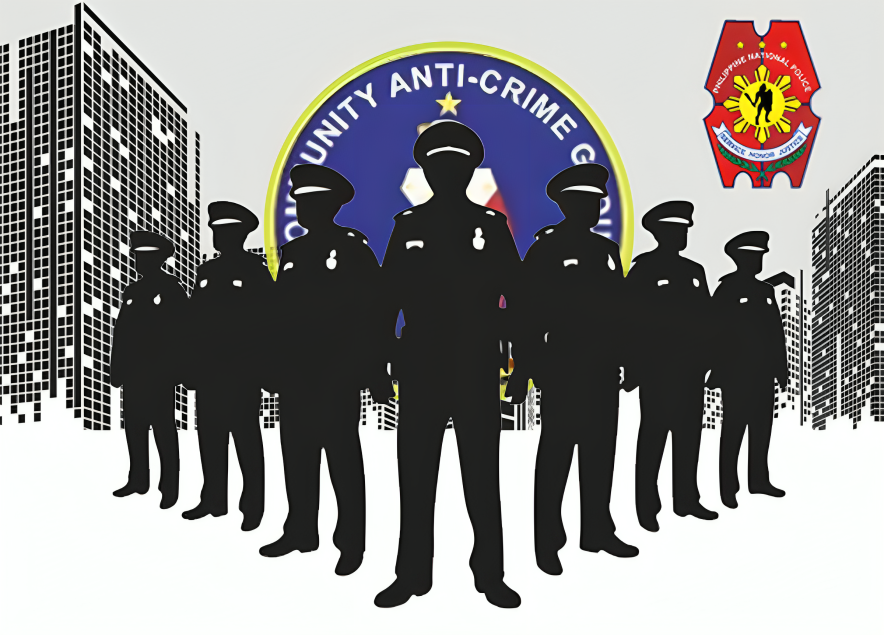
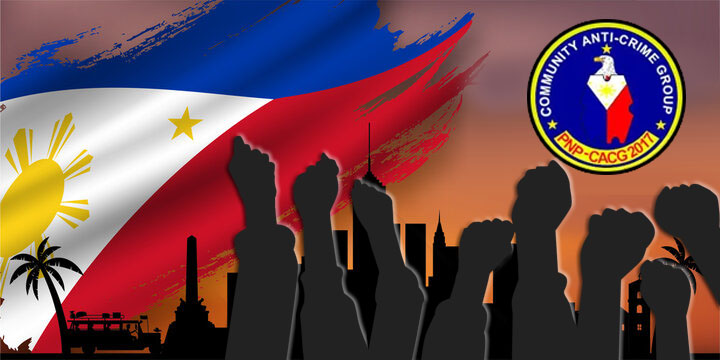
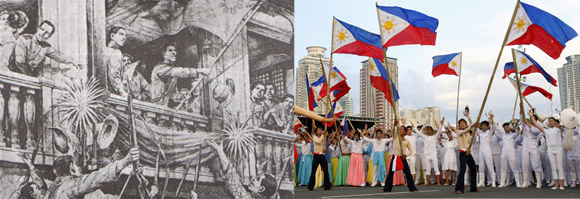

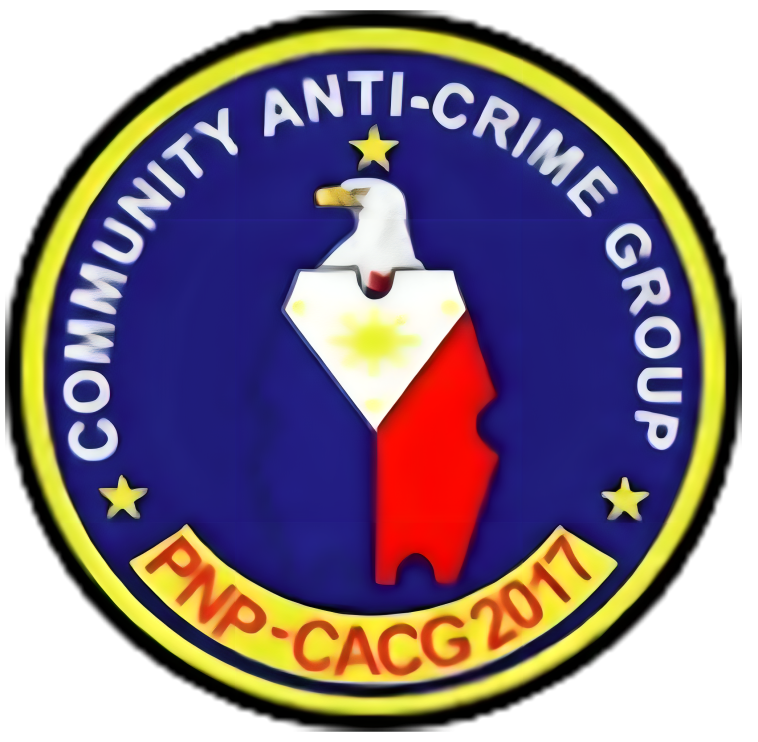 then choose "Install".
then choose "Install".